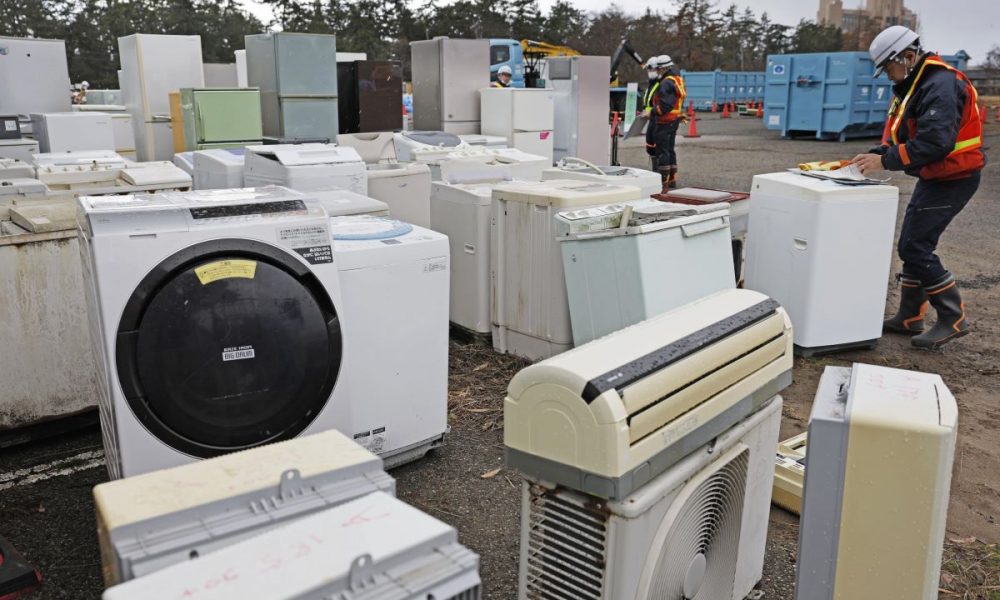
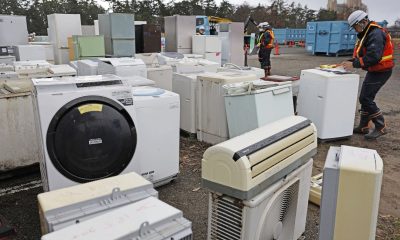

While the cleanup after the Great East Japan Earthquake took 3 years, its lessons in removing waste and debris and recycling can help the Noto cleanup...
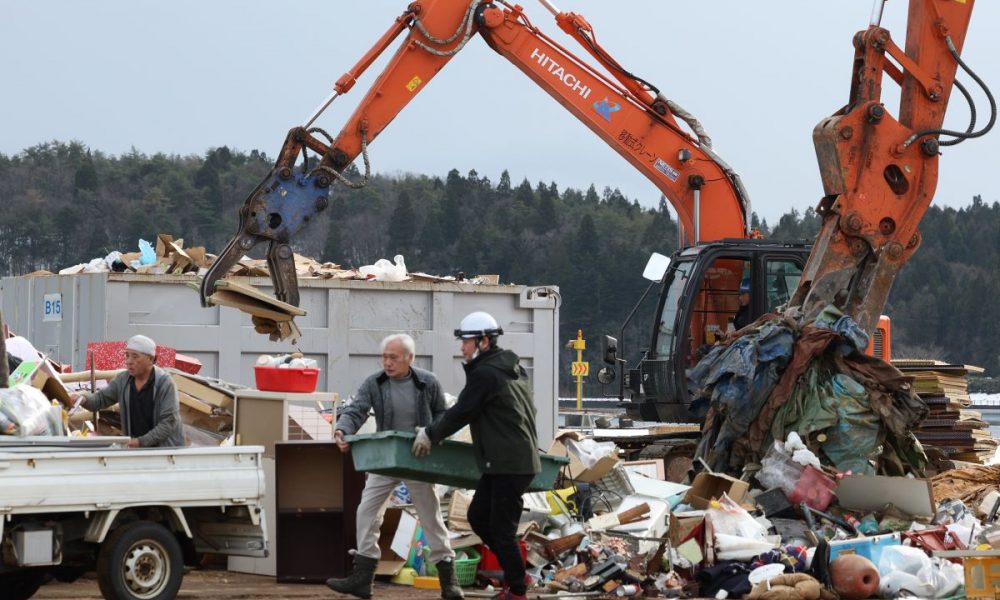
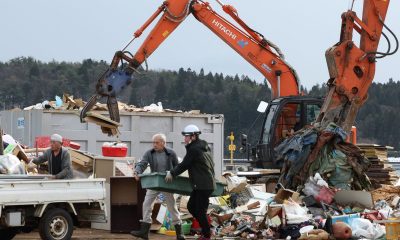

Miyagi Prefecture gained disaster waste treatment know-how after the Great East Japan Earthquake, and now will support the cleanup effort in the Noto region.
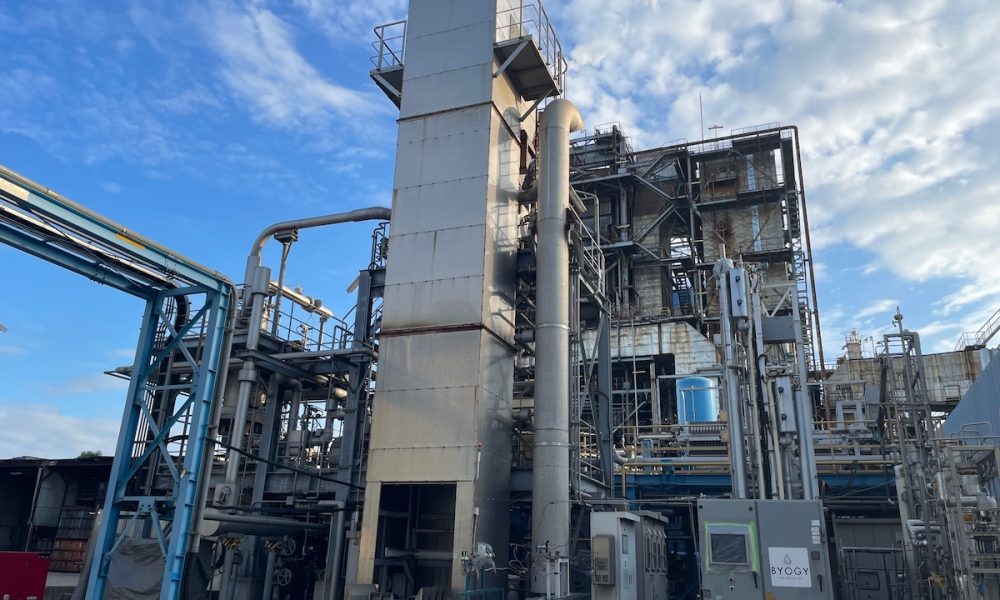
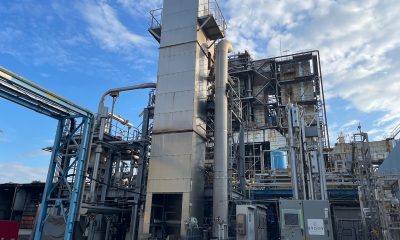

Sanyu Plant Service is working to be the first in Japan to mass-produce bio-jet fuel, answering the aviation industry's need for sustainable fuel alternatives.
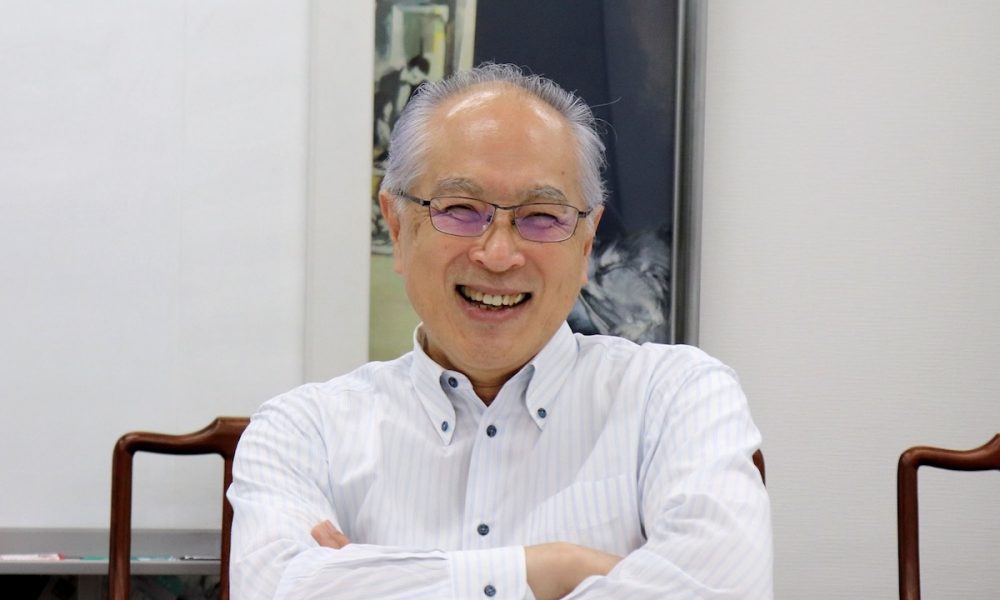


Sanyu Plant Service is taking on the challenge of turning waste into resources by converting coffee grinds from a local Starbucks into feed for dairy cows.
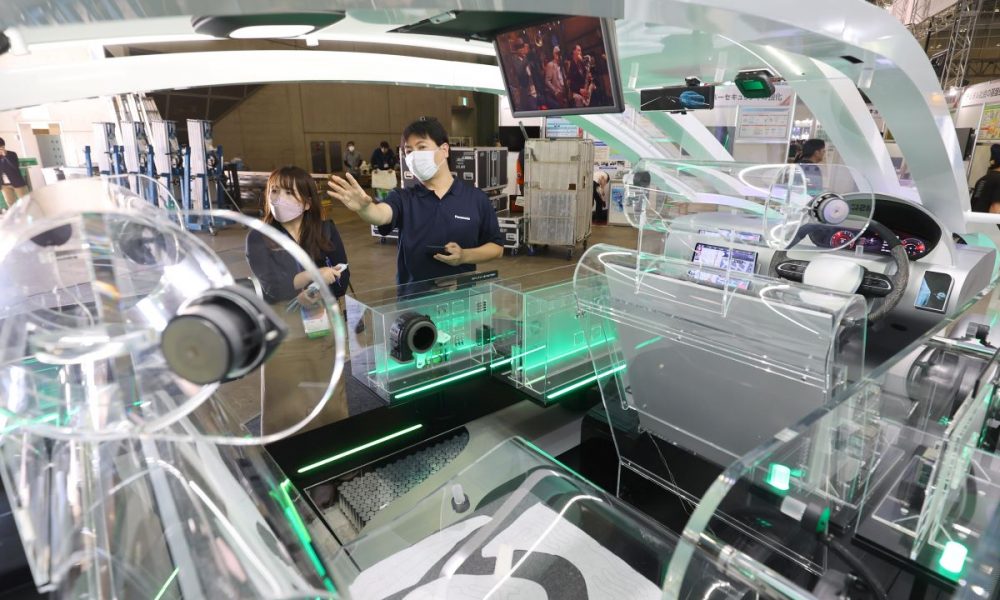
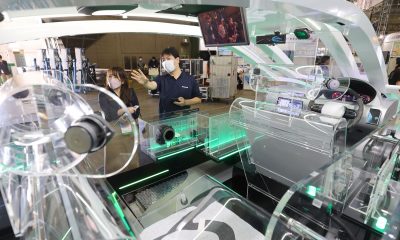

At CEATEC, major corporations such as Panasonic showcased their latest environmental innovations. Some even built their booths out of recyclable materials.

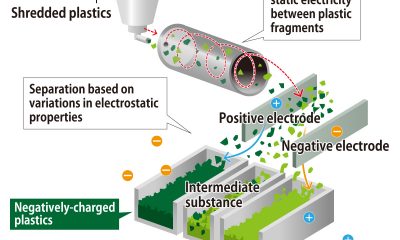

Technological advancements in material and chemical recycling are key if plastic recycling in Japan is to become economically viable.
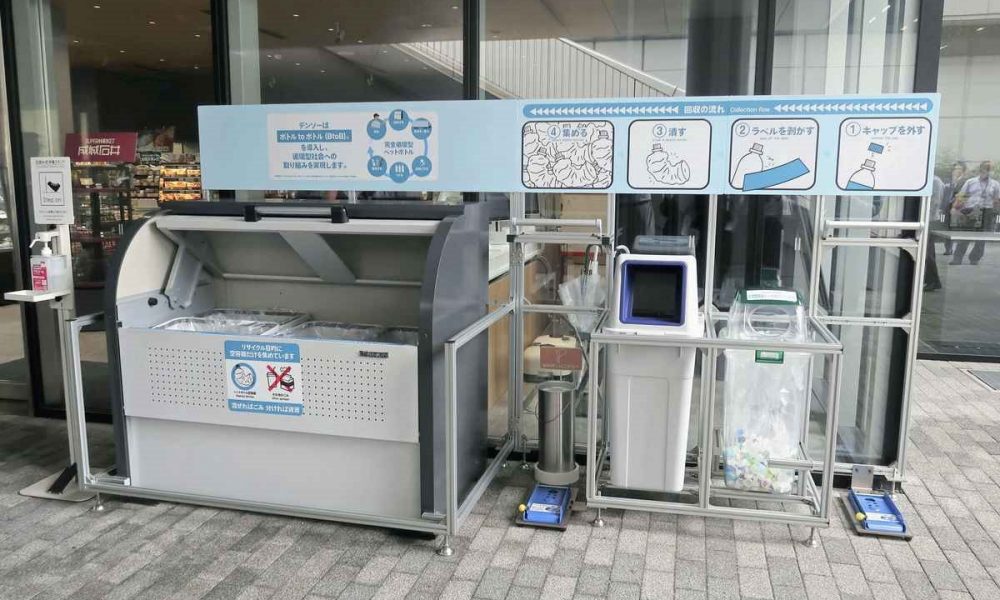
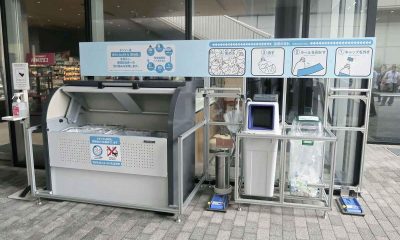

By integrating recycling into its employees' work routines, DENSO has made it possible for plastic bottles to be "reborn" over and over again.
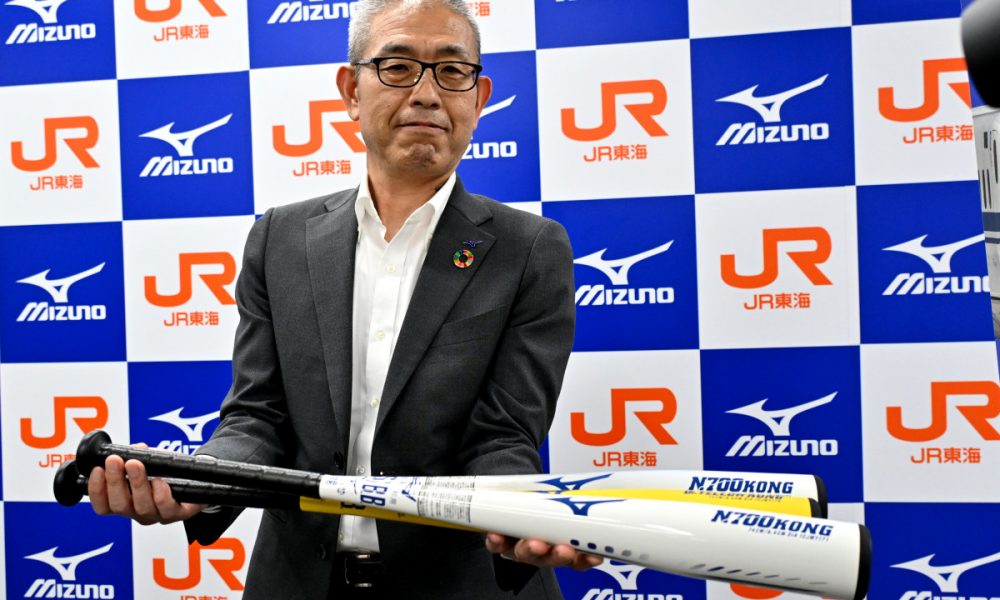
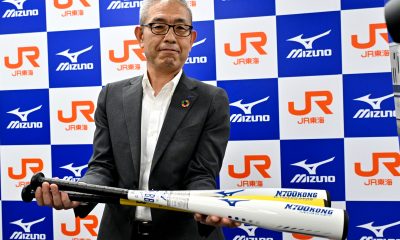

JR Central creatively repurposes high-quality aluminum from retired Shinkansen trains for various applications, ranging from machinery to sports equipment.
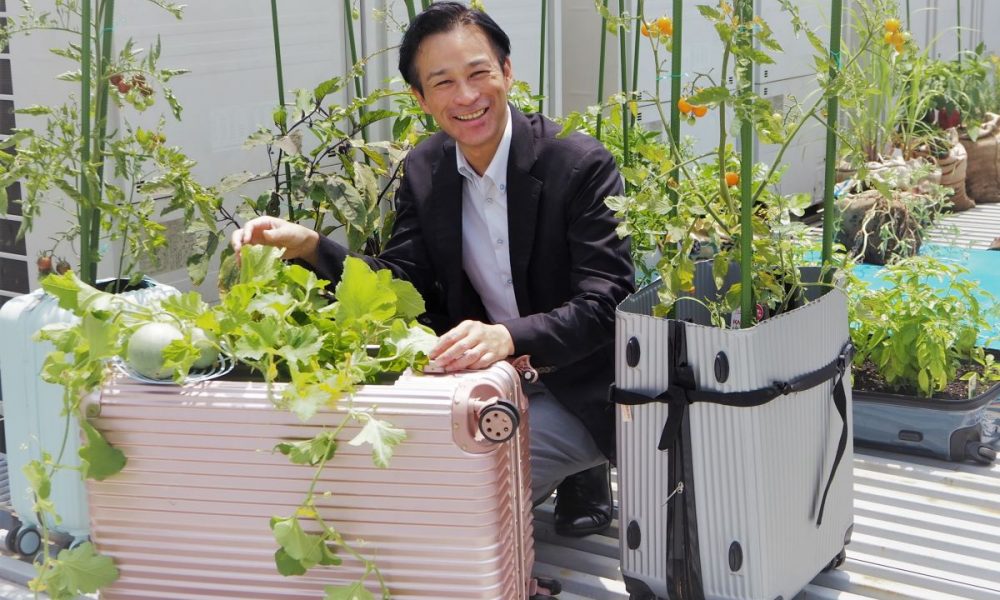
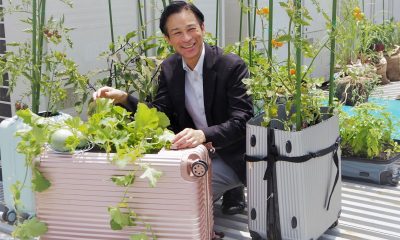

As tourists return, so do abandoned suitcases. But one Tokyo hotel is creatively recycling this oversized waste into a fruitful opportunity.



Launching a new brand called "CACAO STYLE," Meiji aims to increase the ways people enjoy the aroma of chocolate and create new markets for the recycled...



The brilliant lights of the "White Castle" recycling factory against the night sky add to the enigmatic atmosphere of the industrial landscape of Kawasaki.



There is so much to do for Earth Day 2023: check out five things you can do for a more sustainable everyday life in Tokyo or...